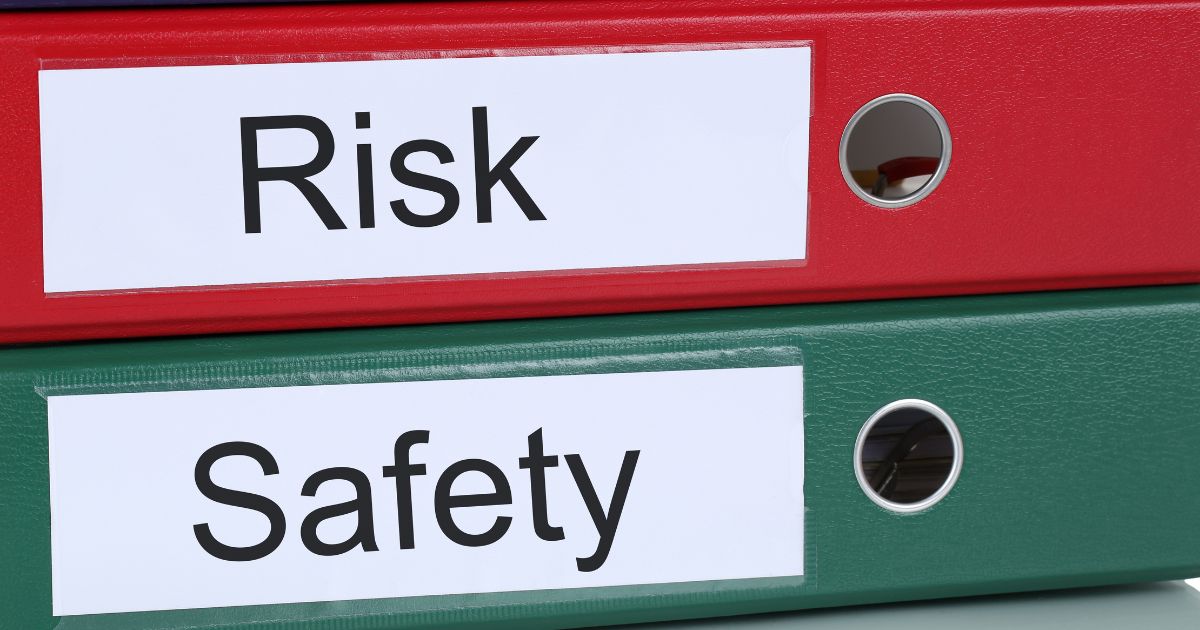
In today’s evolving e-commerce world, it is seamless to get products to customers quickly. This process is known as order fulfilment. The simplest way for businesses to distribute products fast and efficiently is through advanced technology.
The South African e-commerce fulfilment services market generated a revenue of USD 1 580 million in 2024 and is expected to reach USD 2 971 million by 2030. This indicates that more businesses are now integrating order fulfilment to streamline their products to their customers.
Now, let’s get to understand the processes that are involved in order fulfilment.
What is Order Fulfilment
Order fulfilment is a process a product goes through from the moment a customer places an order to the moment it arrives at their door. Many people think it is just shipping, but it involves much more than that. It includes storing products, checking stock, picking and packing items, arranging delivery, tracking shipments, and handling returns. A smooth fulfilment process helps businesses maintain customer satisfaction and establish trust.
Why Good Fulfilment is Important
Good order fulfilment can make the difference between a satisfied customer and a frustrated one. If a customer receives the wrong product, a damaged item, or even a late delivery, they may not want to return to your store to make a repeat purchase. On the other hand, accurate and timely delivery encourages repeat customers and positive reviews. In today’s competitive market, order fulfilment is a key part of overall customer satisfaction.
Order Processing
An order processing management system dictates the product picking and packing activities for each newly received customer order. In the online marketplace, order management software can be integrated with the shopping cart on an e-commerce website to automatically initiate this process.
Managing Inventory
The first step in fulfilment is keeping products organised and in stock. Many businesses use warehouses, while small companies may use storage rooms at home. Knowing exactly how much stock is available is important. When products run out without notice, orders are delayed, and customers get disappointed. Regularly updating inventory and tracking products ensures smooth operations and avoids stock shortages.
Picking and Packing Orders
After the order has been placed, that is where the fulfilment team comes in; they should locate the product and prepare it for shipping. When packing the product during delivery, it is vital to protect it.
Shipping and Delivery
Once the product is packed, orders need to be shipped. In this step, it is essential to choose the most appropriate shipping option based on delivery timeframes, price, and location. It is important to partner with carriers; this will allow you to choose the most convenient routes automatically and analyse costs in real time. Shipping is also well monitored through tracking systems, which gives the business and its customers transparency and up-to-date information.
The Role of Technology
The use of technology has transformed business responses to fulfilment. Online systems can track orders, alert when stock is low, and automatically notify customers when the product is ready. Tools like barcode scanning and warehouse management systems reduce errors and speed up the process. While technology helps. Human oversight is important for checking orders, packing carefully, and handling customer questions.
Managing Returns and Refunds
Any e-commerce business requires returns and refunds. Proper management of them can ensure that the customers remain satisfied and also save on the time and money you would spend on handling returns.
How to Choose the Right Type of Order Fulfilment
There are a couple of key factors to take into consideration before choosing the order fulfilment strategy that will work for you.
Here is an outline couple of scenarios for each type above, but you’ll first want to ask yourself:
- What is your current capacity to handle orders?
- If you have a strategy for peak sales times
- If significant fluctuations in order volume will impact your operations
- What are your priorities in terms of the customer experience (e.g., strong customisation options, faster shipping, quality products)
Answering these and comparing each order fulfilment type based on their cost will allow you to pick a method that is suitable for your operations.
Every business that sells online should take advantage of order fulfilment to streamline ways to get products to their customers quicker, while they save time to scale their businesses. Whether the business is small or big, order processing will build your customer trust and loyalty. Having to keep up with these trends will ensure your business is not left out in this technology-competitive landscape.






